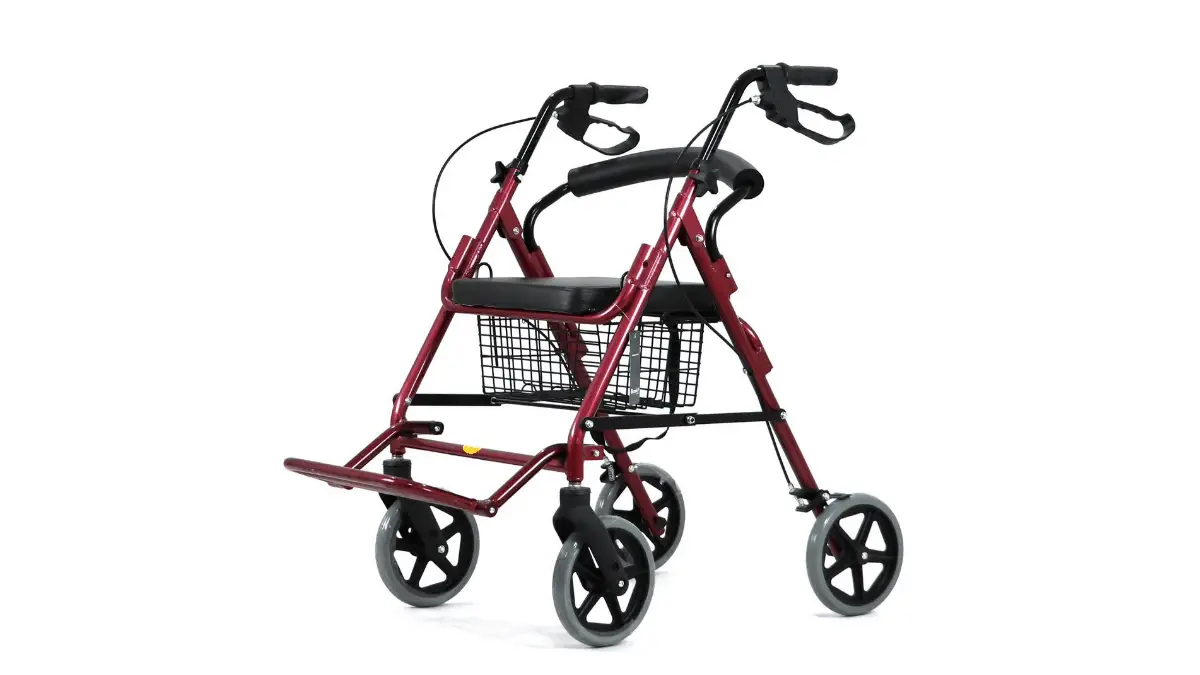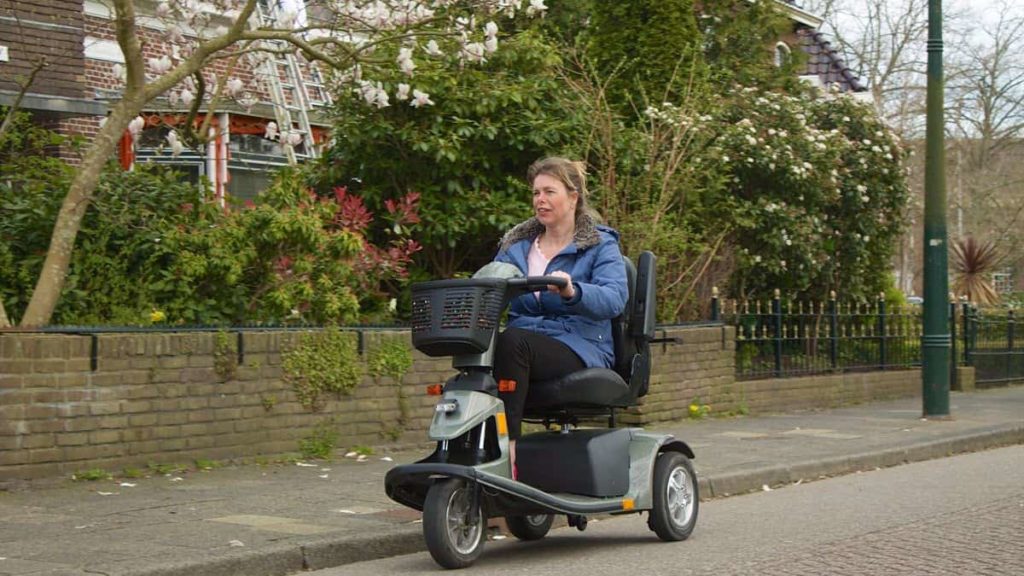Are Rollators Covered by Medicare?
Needing a rollator is important to your mobility and to living a full life. What if you are on Medicare and you have questions about paying for your roller?
Medicare is a governmental service to help those who need help such as rollators.
Who is Eligible for a Medicare Rollator?
Medicare is a federal health insurance program that offers benefits for people in specific categories. The people who are eligible for a Medicare rollator are:
- People who are 65 or older
- Younger People
Younger people with disabilities such as amyotrophic lateral sclerosis (ALS) and who have End-Stage Renal Disease (ESRD). End-Stage Renal Disease is lasting kidney failure that requires kidney dialysis or a kidney transplant.
- Other Eligibility
You may also qualify for Medicare rollator benefits when you are under age 65 if you have qualified for Social Security disability benefits for at least two years, or if you get a pension for disability from the Railroad Retirement Board. Disabled widows or widowers under 65, disabled divorced spouses under 65, and disabled children may have eligibility for Medicare after a two-year waiting period.

Medicare Eligibility for Rollators
Different parts of Medicare cover different services. Medicare has Parts A, B, C, and D in addition to supplemental parts you can purchase separately. The part that allows you to have a rollator is Medicare Part B. Medicare Part B covers outpatient care, medical supplies, preventive services, and specific doctors’ services. Part B helps to cover services from health care providers such as doctors, outpatient care, home health care, and durable medical equipment such as hospital beds, wheelchairs, and other medical equipment. Medicare Part B also covers preventative services such as wellness and other screenings, and vaccines. You can get a rollator with Medicare Part B because it is a medical device.
Medicare Cost for Rollators
The cost of Medicare Part B is a premium you will pay that will provide you with a rollator. The premium is a sliding scale fee that depends on your income bracket. Check with current guidelines about income eligibility to see how much you have to pay for the Medicare Part B premium.
How to Get a Rollator under Medicare
As a medical device, a rollator is eligible for you to use under Medicare. Rollators would be covered as medical devices under Medicare Part B. However, you would need to ask your healthcare provider to prescribe a rollator to be covered under Medicare Part B. The doctor would note in your medical records for your insurance that you have a valid medical condition for a rollator medical device.

Medicare Part B covers the cost of durable medical equipment (DME) that includes equipment such as wheelchairs and rollators. A DME is an equipment needed to diagnose or treat a condition, injury, disease, or disease symptoms. You will have to rent or purchase the rollator through a Medicare-approved supplier. Buying or renting outside a Medicare-approved seller means that you will have to pay the full cost of out-of-pocket for your prescribed rollator.
Paying for a Rollator
Medicare Part B covers some of the cost of a rollator, but not all the costs. Usually, Medicare Part B will cover 20% of the rollator cost. You may have to pay out-of-pocket until your annual deductible is met through Part B. Check your supplemental insurance, if you have it, to see if the insurance covers the rest of the cost of equipment such as rollators. For other insurance, call your insurance company to see if they cover all or part of the cost of a rollator.
After understanding your financial options, shop for the best prices, and whether the stores accept Medicare Part B. Medical supply stores online and offline or drug stores usually accept Medicare Part B as well as carrying rollators. If you have a Medicare Advantage Plan, check to see if the plan covers rollators.
Medicare Advantage plans are plans private companies offer by contracting with Medicare to cover Part B and Part A benefits. There is often a premium cost to have a private company manage your Medicare insurance. Many Medicare Advantage Plans offer prescription drug and medical device coverage such as rollators, sometimes picking up the costs that Medicare Part B does not for the device. Compare Medicare Advantage Plans to your Medicare Part A and B to see if investing in an advantage plan is an asset or disadvantage in paying for your medical devices such as rollators.
How to Choose a Rollator
When you are comparing rollators, you will need to consider several issues. The rollator must be tall enough for your height. Rollator handles should rest easily near your wrist folds. A rollator must hold your weight, and the seat must be wide enough to sit comfortably. Check the weight capacity of the rollator before using a rollator. The wrong weight capacity means that you might face injury if the rollator breaks under the stress of your weight.
Weight capacities can range between 200 lbs and 700 lbs for an individual, with sturdier models for bariatric patients who need stronger frames and wider seats for the size difference. You must also consider the weight of the device and ease of folding to store the rollator. A rollator should be easy to carry, store, and maneuver for it to be an effective medical device.

Using a Rollator Safely
Rollators are not for everyone. A rollator is a medical device and requires an opinion from your healthcare provider for its suitability for you. Generally, using a rollator requires that you can walk on your own with the rollator’s support, you can adjust your walking speed to the device, and have the hand strength to use the hand brake.
Patients who have a history of seizures, fainting, or other medical conditions that make gripping the rollator safely and moving with the device should be careful about using the rollator. They could also consider other options that do not put them at risk for trips and falls while using the rollator.
Jill believes that life just keeps getting better as she gets older. She believes everyone can live a full life of endless possibilities, with the right mindset, a healthy diet and with exercise.






